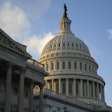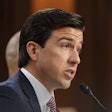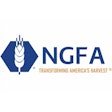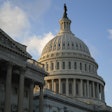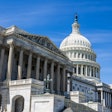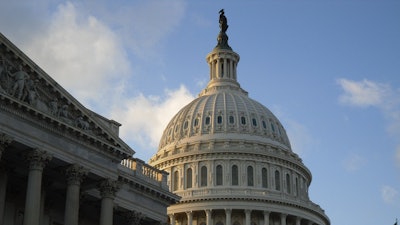
This past week, representatives from the National Council of Farm Cooperatives (NCFC) convened in Washington D.C. for their annual fly-in, advocating for critical issues facing the agriculture sector. Attendees from nearly 2,500 member cooperatives, including Landus, engaged in over 130 meetings with members of Congress from across the United States.
During the event, participants focused on urgent legislative priorities as outlined in earlier discussions, with significant emphasis on the impending Farm Bill and vital tax provisions affecting agricultural cooperatives. Notably, the current Farm Bill, under a one-year extension, is set to expire by the end of September. With Congress returning from August recess, there is a narrow window to address this and other funding measures.
Key topics discussed included the necessity of providing certainty in the Farm Bill to support farms amid fluctuating markets and challenging weather conditions. Another priority is the preservation of Section 199A, a crucial tax provision that enhances the competitiveness of cooperatives and ensures benefits are passed directly to farmer members. With this provision set to expire at the end of 2025, NCFC advocates for its permanent extension to align with corporate tax rates established in 2018.
Additionally, NCFC representatives promoted the Cooperative Caucus, a bipartisan group that supports the interests of farm cooperatives in Congress. With over 30 current members, including Iowa Senators Grassley and Ernst, there is an ongoing effort to expand membership to further Congressional understanding of the agricultural cooperative model.
The conference also featured insights from prominent figures such as Sen. Mike Crapo, chair of the Senate Finance Committee, and John Newton, Chief Economist of the Senate Ag Committee, providing attendees with expert analysis on farm policy and the political landscape ahead of the 2024 elections.






